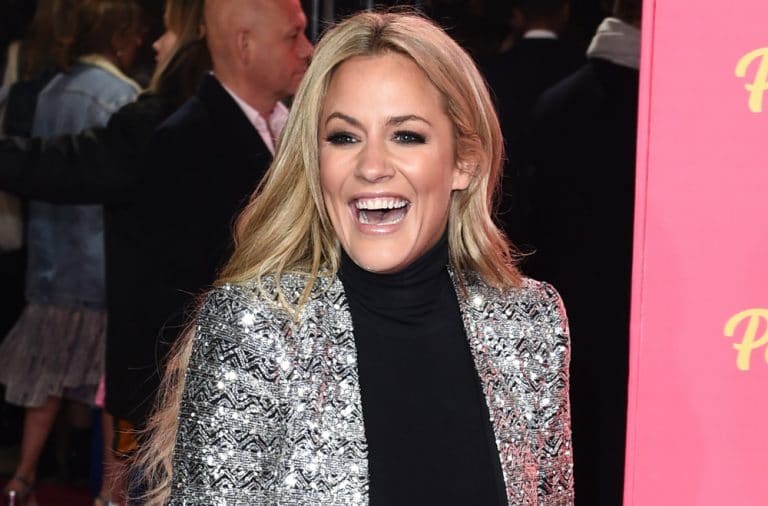Inquest reveals Caroline Flack had left boyfriend Lewis Burton a note

40-year-old Love Island host Caroline Flack was found dead on 15 February 2020, at her east London home as she was awaiting a criminal trial for allegedly assaulting her boyfriend Lewis Burton, an allegation she kept on denying.
This morning, an inquest at Poplar coroner’s court heard that a paramedic called to her home when she had been found unconscious had seen a note lying on top of an open magazine that read: “I hope me and Lewis can one day find harmony.”
The hearing was also told that Jody Flack, Caroline’s sister, had made desperate attempts to save her when the star was discovered unconscious at home.
After not being able to get a hold of her sister on the 15, Jody had contacted Flack’s friend Louise Teasdale who rushed with her father Stephen to help. “My daughter Louise Teasdale started getting phone calls from Jody Flack, saying she was at Caroline’s flat and Caroline wasn’t opening the door,” he said in a witness statement.
“Louise and I came to the flat and tried to force entry, I used my shoulder a few times and then my feet but the door refused to budge,” Teasdale added. They then went to get a spare key from the landlady, and he was the one who found Flack unconscious in the home, having apparently hanged herself.
When the inquest was opened in February, Flack’s family shared an unpublished Instagram message she had written which said the incident with Burton was an “accident.”
“I am NOT a domestic abuser. We had an argument and an accident happened”, Flack wrote. “The reason I am talking today is because my family can’t take anymore. I’ve lost my job. My home. My ability to speak. And the truth has been taken out of my hands and used as entertainment. I can’t spend every day hidden away being told not to say or speak to anyone. I’m so sorry to my family for what I have brought upon them and for what my friends have had to go through. I’m not thinking about ‘how I’m going to get my career back.’ I’m thinking about how I’m going to get mine and my family’s life back. I can’t say any more than that.”
Burton said in a written statement that Flack had been “devastated” the last time he saw her and sometimes talked about taking her own life. Flack’s sister also read out loud a statement she had written for the inquest: “Heartbreak is something Caroline found extremely difficult. She attempted to take her own life the night before she appeared in court. I believe the shame was too much to deal with.”
The inquest in front of Senior Coroner Mary Hassell continues today and is expected to last two days.





